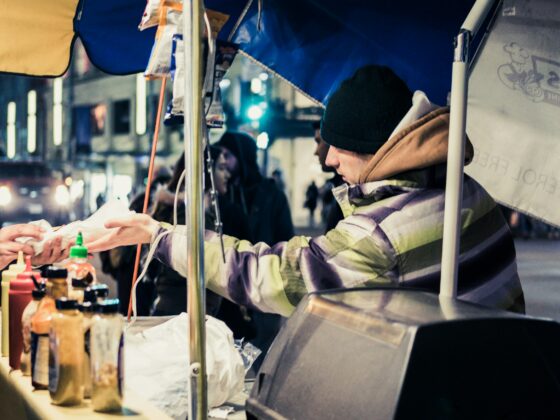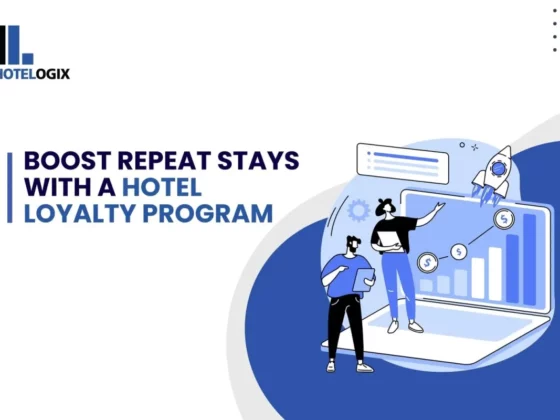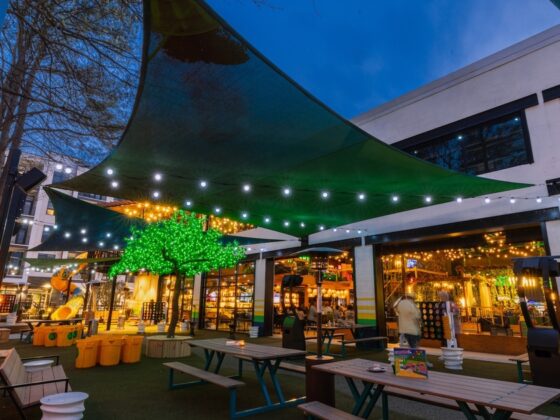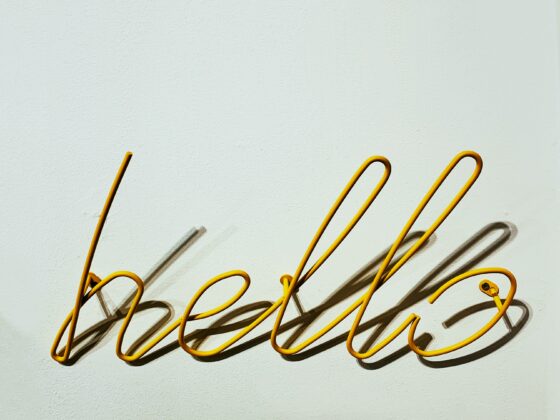
A hotel website has one overriding job: sell the experience. It should feel like an extension of your property – authentic, functional and persuasive.
Yet many hotel websites fall short. They’re slow to load, difficult to navigate and – most importantly – they don’t convert. So, what does a high-performing hotel website actually look like? And how do you build one without burning through your marketing budget?
Mews CEO, Matt Welle, was joined by VP of Growth, Michael Fitzsimmons, to deep dive into hotel website strategy for a Matt Talks episode. Read on for the highlights, or watch the video here.
Start with speed and structure
You have three seconds to make an impression. If your homepage takes longer than that to load, you’re losing guests before they’ve even seen the pool.
Your website should be clean and intuitive, with fast load times and clear architecture. Think mobile first. Most guests aren’t researching on desktops. The experience should feel frictionless, from homepage to booking engine. That means clear navigation, minimal distractions, and a strong call to action (CTA) at every stage of the journey.
Don’t be afraid of a bold CTA button. You’re offering an experience, so don’t be shy about selling it.
Don’t overthink the design
Many hoteliers hesitate to use contrasting CTA buttons because they think it looks ugly. But clarity converts. The booking button should always be visible – ideally fixed in the top navigation – so users can act the moment they’re ready.
Yes, aesthetics matter, particularly the more upscale you go. But not at the cost of usability. Beautiful websites don’t always sell. Functional ones do. Just look at Amazon…
Train your chatbot
Your website shouldn’t just look good. It should guide, inform and convince. Think of it as your most scalable sales channel.
That includes more than just good copy. It means leaning into tools like chatbots, but only when they’re done right. Today’s LLM-powered bots can answer questions instantly and keep guests from bouncing to an OTA. But they need training.
The last thing you want is a chatbot that can’t answer basic questions like parking prices or gym hours. Feed it the right data, keep it updated, and train it like you would a real salesperson.
Create continuity between brand and site
There’s no room for bait-and-switch tactics in hospitality. If your website promises tranquil luxury and guests arrive to something wildly different, you’re not just creating a bad experience – you’re eroding trust.
Consistency between online and offline builds loyalty. A guest should feel like they already know your property before they arrive. That familiarity makes them more likely to book again.
Build traffic through trust
A strong website is just one part of the journey. To get people there, think beyond SEO (search engine optimization) and GEO (generative engine optimization).
Influencers, bloggers and trusted third parties can help you build credibility and drive organic traffic. But it all comes back to your website’s readiness. When users arrive, the experience must be polished, persuasive and aligned with their expectations.
Budget like a business
How much should you spend on advertising? Start with your goals.
Let’s say your direct bookings currently account for 10% of revenue, and you want to grow to 20%. Work backwards. If 20% of your revenue target is €500,000, what are you willing to spend to reach that? Is it 5%? 10%?
This isn’t guesswork. It’s a math problem. Model your traffic goals, test your content and use the data to iterate.
A/B tests are a fast way to make small but potentially significant conversion gains. Start with something simple like testing the color or wording of your ‘Book now’ button.
Don’t underestimate the power of organic
Can you grow without spending on ads? Absolutely.
Organic channels like TikTok, Instagram and LinkedIn offer low-cost ways to reach new audiences, especially if you’ve got a charismatic GM or a strong brand personality. User-generated content (UGC) and storytelling can be more powerful than paid placements, especially when they come from a place of authenticity.
As Matt says: “No one gave me a podcast. I created Matt Talks because I had something to say and wanted to help hoteliers. It cost me €150 a year and a microphone.”
In summary: build, optimize grow
Your website is not a one-and-done project. It’s a living, evolving sales machine. Invest the time to make it fast, clear, and aligned with your brand. Drive traffic through organic and paid channels. And always test, tweak and improve.
Your best salesperson is already online. You just need to train it.
Want to perfect your guest messaging across multiple channels? Our guide on Perfecting Guest Communication includes advice on brand and tone and tips for key messaging channels including your website.
Read on to increase loyalty, boost revenue, and ultimately achieve a higher lifetime value for guests.
About Mews
Mews is the leading platform for the new era of hospitality. Powering over 12,500 customers across more than 85 countries, Mews Hospitality Cloud is designed to streamline operations for modern hoteliers, transform the guest experience and create more profitable businesses. Customers include BWH Hotels, Strawberry, The Social Hub and Airelles Collection. Mews was named Best PMS (2024, 2025) and listed among the Best Places to Work in Hotel Tech (2021, 2022, 2024, 2025) by Hotel Tech Report. Mews has raised $410 million from investors including Growth Equity at Goldman Sachs Alternatives, Kinnevik and Tiger Global to transform hospitality.







